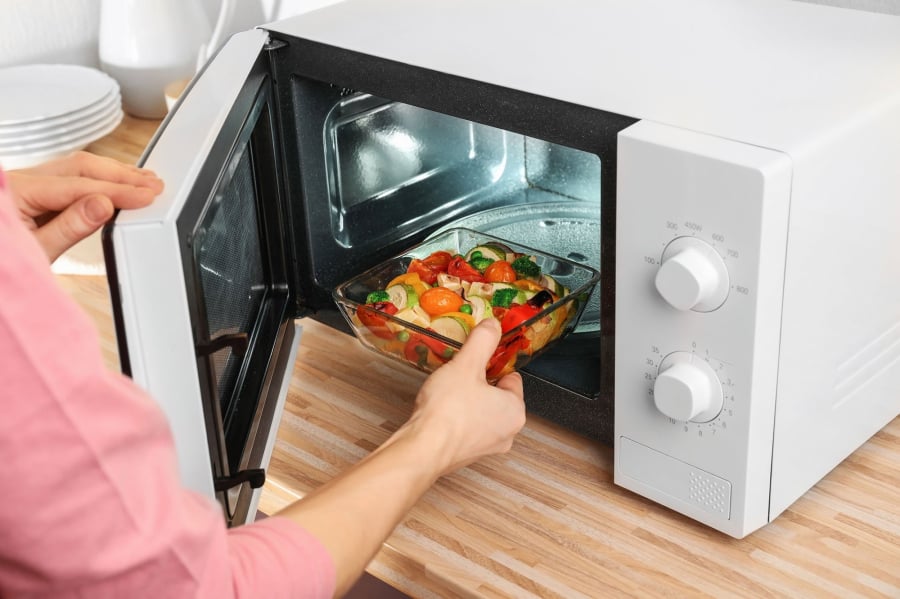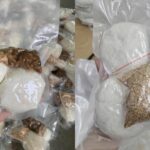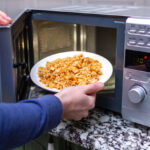Some foods listed below should not be reheated as they may cause food poisoning or other health risks:
1. Seafood
Seafood has a high protein content and is prone to spoilage. Reheating can lead to bacterial growth, increasing the risk of food poisoning. The high fat and cholesterol content can also oxidize, producing harmful substances.
According to the US Food and Drug Administration (FDA), fresh or cooked seafood kept at room temperature may contain pathogenic bacteria, which are not destroyed by reheating.
Bacteria can quickly multiply in seafood within the range of 45 to 60 degrees Fahrenheit. Therefore, it is recommended to discard seafood left out of the refrigerator for more than two hours in cool weather or one hour in warm weather.

Reheating food should be done with caution to avoid health risks
2. Leftover Potatoes
Leftover potatoes should only be reheated in the microwave if they have been stored properly in the refrigerator immediately after cooking. If left at room temperature, potatoes can develop harmful bacteria that may survive even after reheating.
3. Milk
Milk is rich in protein and lactose, and reheating can lead to their breakdown, reducing its nutritional value. Additionally, the reheating process may encourage the growth of microorganisms, increasing the risk of food poisoning. It is recommended to consume sterilized or pasteurized milk in one go.
4. Eggs
Cooked eggs are highly perishable and prone to bacterial growth, especially at higher temperatures. Hard-boiled eggs with their shells intact usually have a shelf life of about a day at cool room temperature. Reheating cooked eggs can lead to protein breakdown and increase the risk of food poisoning.
5. Chicken
Improper reheating of chicken can lead to food poisoning. To ensure safety, all parts of the chicken should reach a minimum temperature of 175 degrees Fahrenheit, as this temperature kills harmful bacteria. A food thermometer is recommended during the reheating process. Cooked chicken should be stored at temperatures below 42 degrees Fahrenheit (~ 5.5 degrees Celsius), and discarded after three days.
6. Mushrooms
Mushrooms contain choline, which can produce harmful substances when reheated. According to the European Food Information Council, mushrooms also contain protein, which can be destroyed by enzymes and bacteria if not stored properly. Reheating deteriorated mushrooms can cause stomach upset. If you must reheat mushrooms, the recommended temperature is 158 degrees Fahrenheit (70 degrees Celsius) to ensure food safety.



































